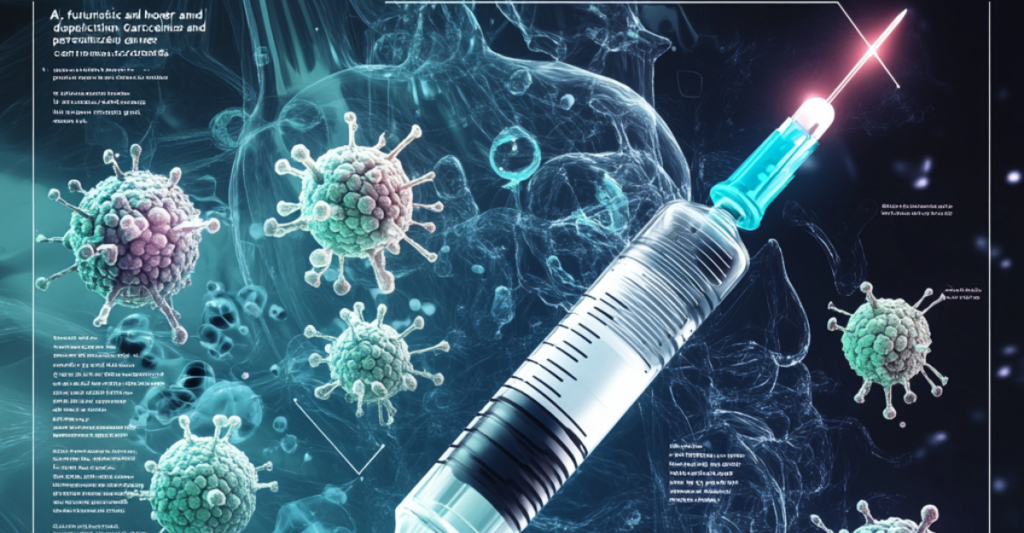The Russian Ministry of Health has revealed a groundbreaking development: a cancer vaccine that will be offered free of charge to Russian patients starting in early 2025. According to TASS, the state-owned news agency, this innovative vaccine is designed to treat existing cancer patients rather than prevent the disease in the general population, making it a personalized therapeutic approach.
Details on the Vaccine’s Development
The announcement came from Andrey Kaprin, General Director of the Radiology Medical Research Center of the Russian Ministry of Health, during a recent interview on Russian radio. The vaccine aims to suppress tumor growth and prevent cancer from spreading.
Alexander Gintsburg, Director of the Gamaleya National Research Center for Epidemiology and Microbiology, previously shared insights with TASS, noting the vaccine’s potential to enhance the immune system’s ability to target and eliminate cancer cells. However, many critical details about the vaccine remain unclear, including:
- The types of cancers it is designed to treat.
- Its effectiveness.
- The scientific mechanisms behind its personalization for each patient.
- The official name of the vaccine.
A Personalized Approach to Cancer Treatment
Unlike preventive vaccines, such as those for human papillomaviruses (HPV), which help reduce the risk of cervical cancer, the Russian cancer vaccine is tailored to each patient. Personalized treatments like this are part of a growing field of immunotherapy that trains the immune system to recognize and attack cancer cells effectively.
This approach aligns with global efforts to develop personalized cancer vaccines. For instance:
- In 2023, the U.K. government partnered with a German biotechnology company to create tailored cancer treatments.
- Pharmaceutical giants Moderna and Merck & Co. are collaborating on a vaccine targeting skin cancer.
- In the U.S., neuroscientists at the University of Florida are testing an mRNA vaccine for brain cancer.
The Global Race for Cancer Vaccines
Russia’s announcement underscores the international push to harness advanced biotechnology for cancer treatment. Vaccines like this have the potential to revolutionize oncology by offering non-invasive, highly targeted therapies.
While details about the Russian vaccine’s efficacy and specific applications remain to be confirmed, its development reflects broader advancements in cancer research worldwide. The success of similar vaccines under development by Moderna and others could pave the way for more comprehensive treatments.
Conclusion: A Promising Step Forward
Russia’s free cancer vaccine could mark a turning point in personalized cancer care. While the scientific community awaits further details about the vaccine’s efficacy and application, the announcement highlights the global momentum in cancer research. As personalized immunotherapies gain traction, they hold the potential to transform how cancer is treated, offering hope to millions worldwide.
